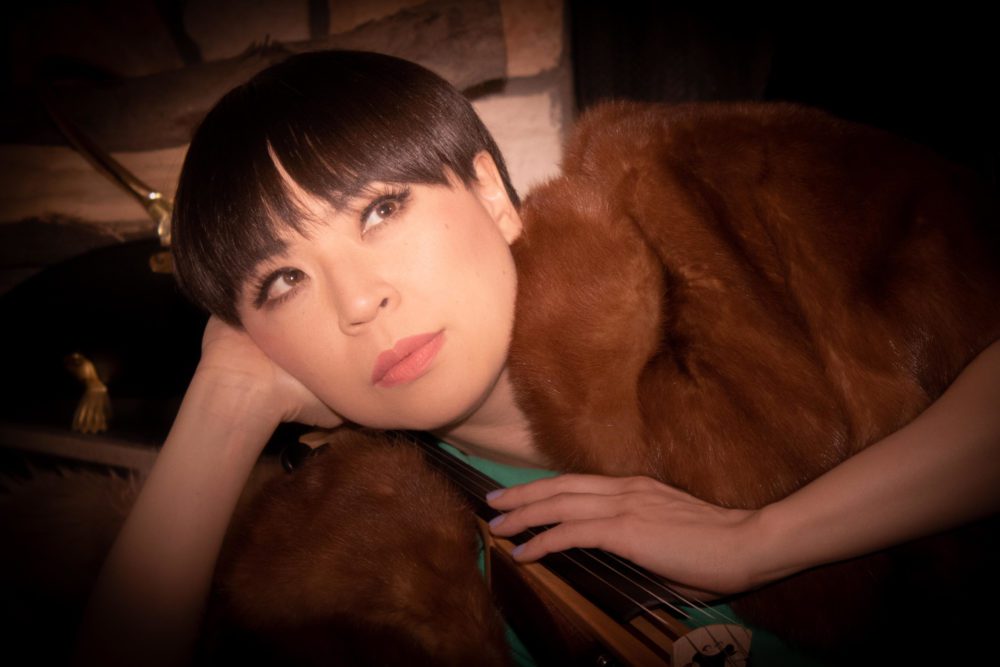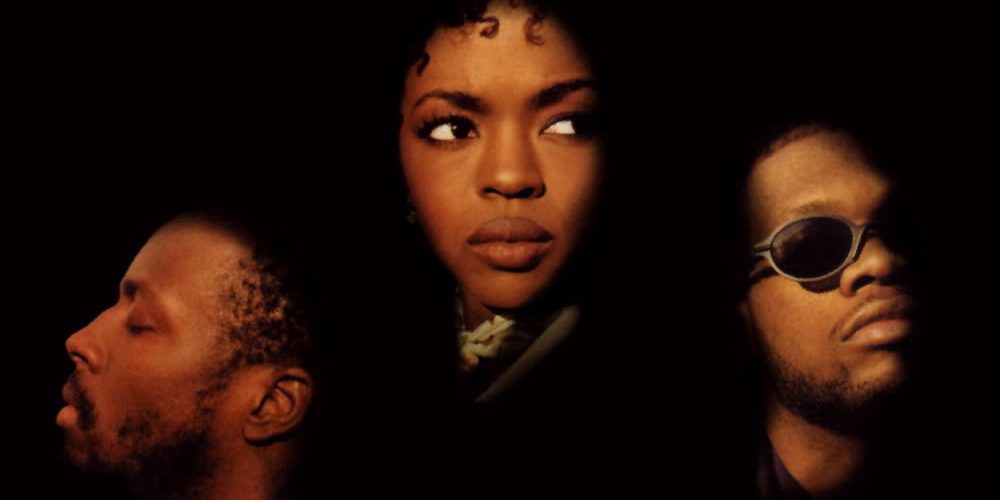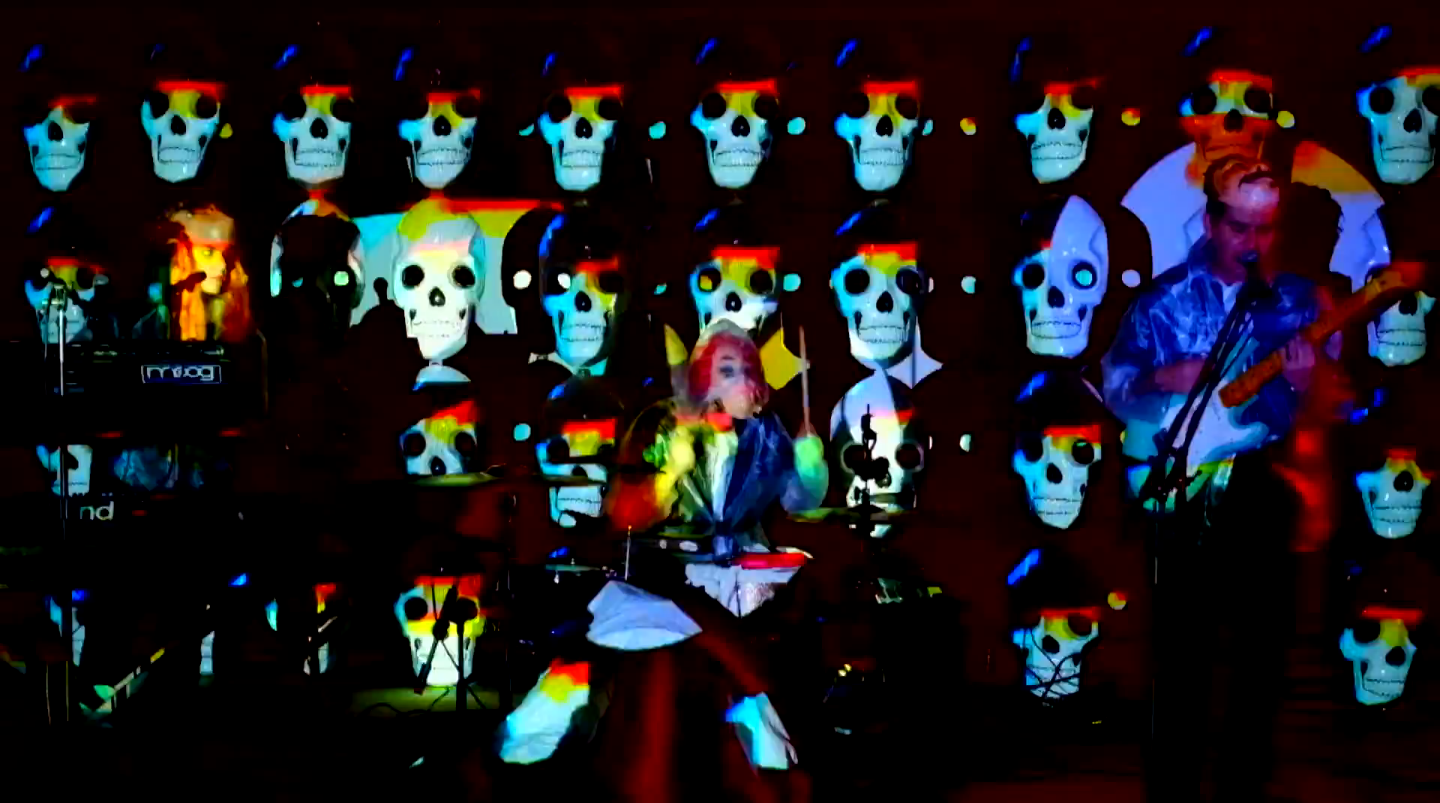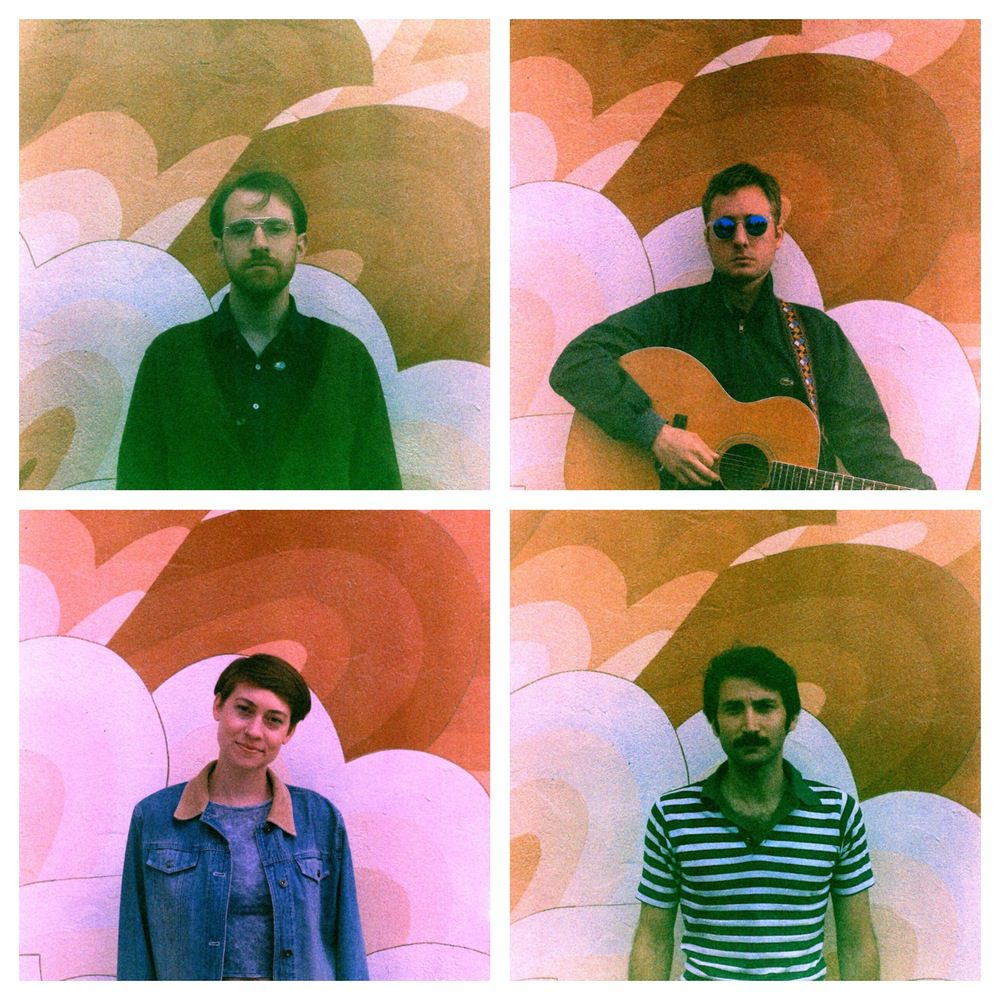PREMIERE: FOONYAP Finds Sweet Epiphany with “Free and Easy Wandering”


Thirteen years ago, Canadian musician FOONYAP took a class in Chinese poetry. The themes discussed in those poems directly influenced her latest single “Free and Easy Wandering,” a song built around the exploration of self. The music is as fast-fast paced and beautiful as the average spring, notes melting quickly in the heat of summer, while its meditative lyrical mantra “Now is all there is” serves as a potent reminder of impermanence in a world of uncertainty
With its lowly swelling violin and the use of soft, speak-sing vocal stylings, “Free and Easy Wandering” is a pleasant return to the landscape of FOONYAP’s first solo record. It’s been four years since FOONYAP’s debut album Palimpsest, a sharp-witted record detailing her upbringing as the child of Chinese immigrants. Palimpsest straddled many genres, incorporating FOONYAP’s signature violin, her voice oscillating between a style akin to the Chinese Opera and a more punk, grunge timber. That kind of clear delineation is less apparent in “Free and Easy Wandering,” where FOONYAP allows her voice to play softly in the background, while her violin takes center stage.
Raised traditionally Catholic, FOONYAP honed her violin skills under the domed arches and glittering facades of her family’s church. “My mother heavily pushed me into playing with the church choir,”she remembers. “There were no written violin parts in most of the choral music in Catholic mass during that time. I learned how to play by ear and to improvise. And that spontaneity became part of my music making.” It was a learning experience that made her time in a conservatory difficult; FOONYAP found herself adrift among students who thrived on practicing three to four hours a day, who didn’t mind rehearsing another person’s music again and again. She found herself quietly rebelling, improvising alone in her room.
After school was over, she pushed back on her classical training, playing with a punk band, as well as the indie folk band Woodpidgeon. Calgary was the perfect setting for a young, experimental artist looking to create something both familiar and avant garde; the music community was warm and open to collaboration. After the success of her first album, she spent two years touring North America and Europe; during that time she also released 4-track remix EP Apropos. In late 2018, FOONYAP sustained a back injury that forced her to reconsider her hectic schedule and what she truly wanted to gain from both her career and her life. In the two years that followed, she spent time meditating and reflecting, picking projects that fed her soul, not just her pocketbook.
One of the projects was a collaboration with Edmonton, Alberta-based Mile Zero Dance workshop during which she was scheduled to perform live. Due to the pandemic the event went virtual, so she shifted gears, participating in the entire series and writing a song in response to the experience. The ‘Free and Easy Wandering’ series is a collection of “workshops, themes, and artworks building on conversations about Asian heritage, freedom and identity in Canada.” As workshop participants heard news reports of racism against Asian communities in Alberta and abroad, the conversations within the series became a painful processing of the day-to-day racism they experience as Canadians.
“I felt really lucky because my back injury taught me how to go through really difficult experiences in which I feel that I’ve lost everything. I felt so appreciative that I’ve gone through difficult times, so that I could be steady during this time,” FOONYAP says, thinking back on the beginning of social isolation.
“Free and Easy Wandering” is the name of the first chapter of the Zhuangzi, an ancient Chinese collection of anecdotes and fables, written (at least partially) by the Chinese philosopher Zhuang Zhou. FOONYAP chose to name her commission after the series, not only in honor of the series that birthed it, but also because the name has its roots in Daoist philosophy, a subject close to her heart. The first chapter describes a fish that transforms into a bird. “It captures this idea of the transformation and identity that is necessary to move through the world in a peaceful way,” FOONYAP explains. Her description easily brings to mind the gentle, flute-like vibrations in the first few seconds of “Free and Easy Wandering.” A third of the way through the song, as FOONYAP’s voice enters the scene, the violin transforms, its music suddenly more close to the twangs of bluegrass than classical. An energy enters it, like a walker picking up pace as they go up a hill. Throughout the song, there is a sense of discovery, highlighted by the closing lyric: “Now is all there is.”
“Now is all there is. It arose out of a moment of crisis, when I was going through my back injury and realized that I couldn’t keep up with the traditional pace of the music industry, that I needed to re-prioritize everything because I had just gotten lost in being successful,” FOONYAP explains. “It was a crisis in which I was having anxiety and I just felt like if I could only find myself then I could be calm again, I could just be okay. As I went deeper and deeper within myself, all of a sudden, when I was at my core, I felt a presence behind me. And when I turned around there was nothing. There was just a void. At the time it was a terrifying experience. It was really a grim realization that for me, there is no self defined. For me, that is my truth. And everything that I need is in everything I have right now in my consciousness and I have to find some way of working with that in order to find personal satisfaction. So with time – a lot of time and a lot of practice – the realization that there is nothing out there that will satisfy me ever, there’s just what I have right now – that’s finally a sweet, a sweet epiphany.”
While she is proactively resting both her body and spirit, she is staying busy as ever. She is currently working on a commission with the classical ensemble Kensington Sinfonia, a 20 minute composition for a string quartet, written in her own original voice. She is also collaborating on an inter-disciplinary dance piece with a Taiwanese-Canadian choreographer Pam Tzeng, as well as working with Aisinna’kiiks, a project led by Calgary Arts Development that pulls together Indigenous and non-Indigenous artists and community members to support efforts towards reconciliation. Just like her own personal projects, FOONYAP delights in fraternity, looking for opportunities in which she can lend her talents to a greater whole.
“I think the conventions that I’m most interested in exploring are the ones in which there isn’t always a star, a solo voice,” she says. “I’m more interested in writing pieces where the solos meld in and out of the group. Playing with that idea of who’s the leader and who’s not.” In FOONYAP’s narrative, the main protagonist is not the star of the hero’s journey, but one of many voices working in tandem. Whether they work toward a goal or play towards nothing at all, is a part of the story itself.
Follow FOONYAP on Instagram for ongoing updates.




